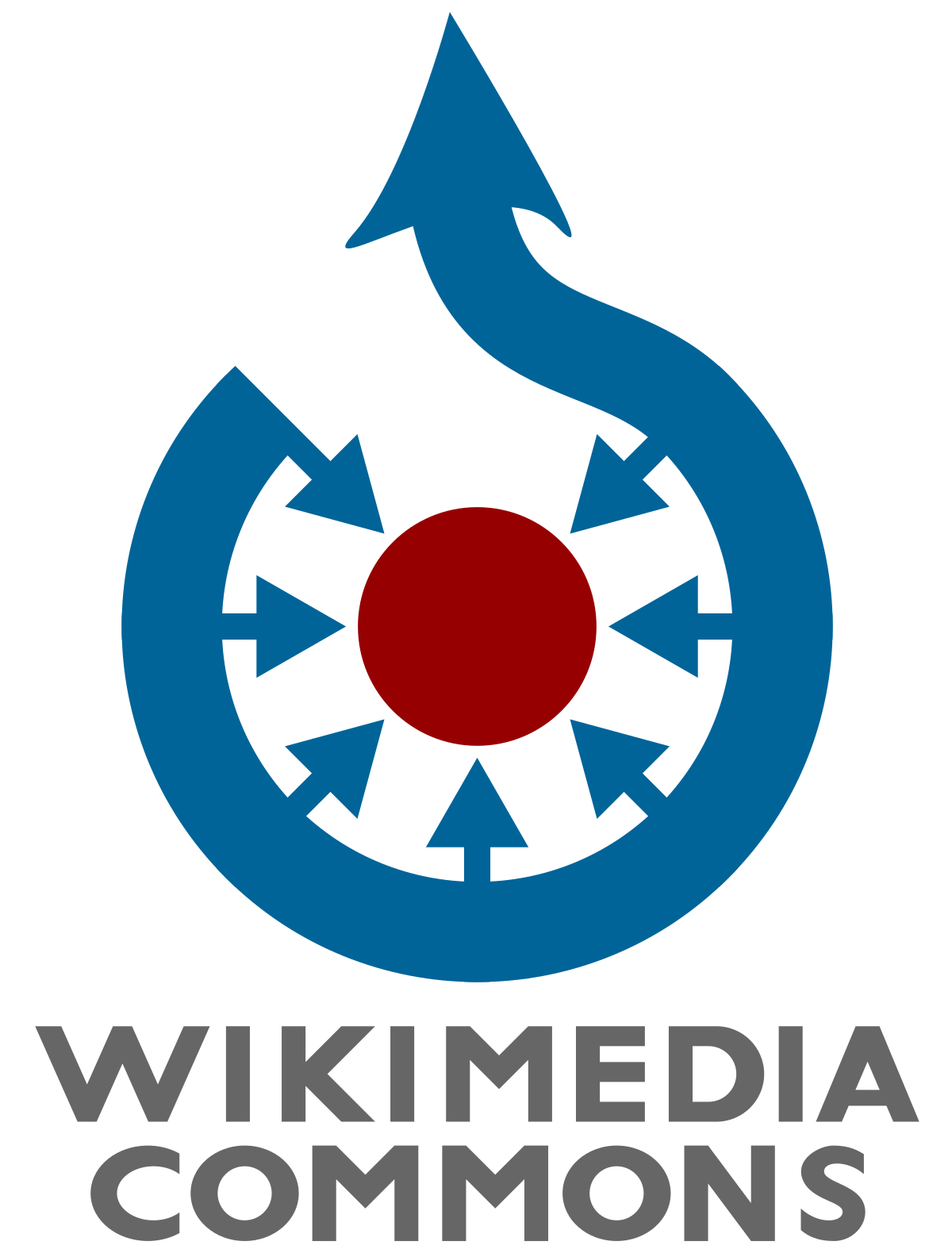2023-07-05T13:19
Wikimedia Commons: Empowering Global Collaboration through Shared Media Resources

In an era marked by digital connectivity and the rapid dissemination of information, access to high-quality media resources has become an essential component of global collaboration and knowledge sharing. Among the various platforms catering to these needs, Wikimedia Commons stands out as a remarkable hub, offering a wealth of freely usable images, audio, and video files for anyone to access and contribute to.<br> <br> Wikimedia Commons, established in 2004, is a project of the Wikimedia Foundation, the same non-profit organization that operates Wikipedia. The platform serves as a repository for media files that are released under free licenses or are in the public domain. With an open-door policy, Wikimedia Commons encourages individuals, organizations, and institutions from around the globe to contribute their own media files to the ever-expanding collection.<br> <br> One of the core principles behind Wikimedia Commons is the belief in the power of collaboration and the sharing of knowledge. By offering a diverse range of media resources, the platform empowers creators, educators, journalists, researchers, and individuals from all walks of life to find and use media files to enhance their work and projects. Whether you're a student creating a presentation, a blogger in need of eye-catching visuals, or a journalist seeking engaging multimedia content, Wikimedia Commons is an invaluable resource at your fingertips.<br> <br> The collection on Wikimedia Commons is vast and ever-growing. With millions of files spanning various categories, from art and architecture to nature and science, the platform caters to a wide range of interests and needs. Each media file is accompanied by detailed descriptions, licensing information, and relevant metadata, ensuring that users can easily find and verify the suitability of the resources they seek. Moreover, the files are available in multiple formats, making them easily adaptable to different projects and contexts.<br> <br> A key aspect that sets Wikimedia Commons apart is its commitment to promoting open licenses and copyright compliance. By adhering to free licenses such as Creative Commons, the platform fosters a culture of responsible sharing while respecting the rights of creators. This ensures that individuals and organizations can freely access, adapt, and distribute the media resources available on Wikimedia Commons, as long as they respect the stipulated licensing conditions.<br> <br> The significance of Wikimedia Commons extends beyond its immediate user base. The platform serves as a valuable resource for other Wikimedia projects, including Wikipedia, Wikibooks, Wikinews, and more. By providing a centralized repository of media files, Wikimedia Commons facilitates seamless integration of multimedia content across these platforms, enhancing the overall user experience and enabling the creation of richer, more engaging content.<br> <br> In conclusion, Wikimedia Commons plays a pivotal role in enabling global collaboration and knowledge sharing by offering a vast collection of freely usable media resources. Its commitment to open licenses, coupled with its user-friendly interface and robust metadata system, ensures that individuals and organizations can easily find, use, and contribute to this treasure trove of media files. Join the Wikimedia Commons community today and unlock a world of possibilities!



